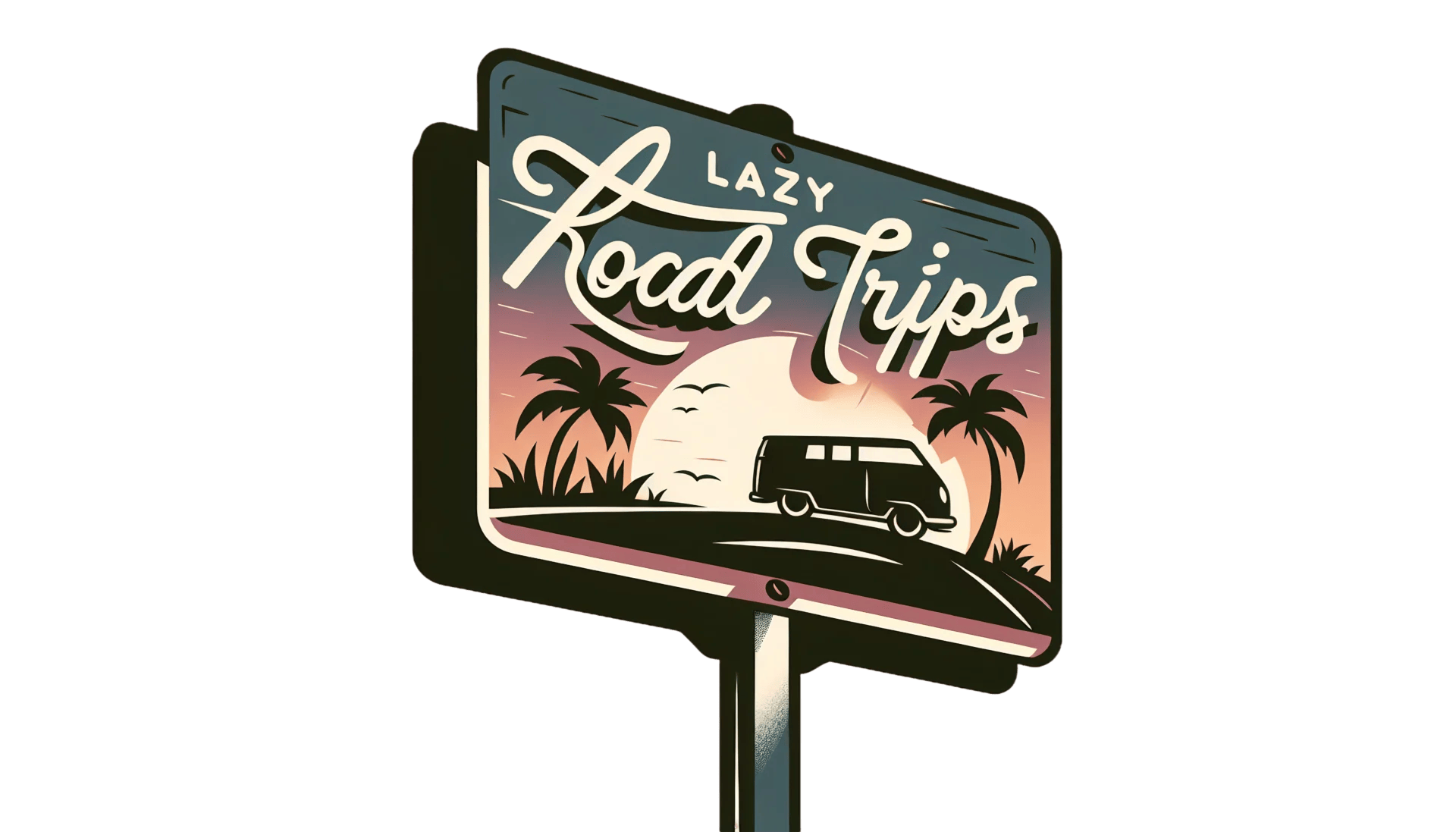In a significant move, Portland’s city officials have decided to shut down an RV homeless shelter. This decision has already sparked a heated debate among residents, city leaders, and advocates for the homeless.
The mayor’s call to close the shelter is part of a broader crackdown on people living in vehicles. City leaders say the policy aims to address the growing homelessness crisis, but not everyone’s convinced it’s the right direction.
The Closure of the RV Homeless Shelter
The recent shutdown of Portland’s RV homeless shelter has become a major talking point. For many, this shelter was the last safe place they could go.
Portland made the move as pressure grows to find real solutions to homelessness. Economic struggles and scarce affordable housing have only made things worse.
Mayor’s Crackdown on Vehicle Dwellers
The mayor’s crackdown on people living in vehicles has stirred up controversy. Officials claim the measure will reduce the number of people staying in RVs and vehicles on city streets.
They say it’s about public safety and improving life in Portland. But critics argue it just criminalizes homelessness and doesn’t offer better options for those affected.
Implications for the Homeless Community
Closing the RV shelter hits Portland’s homeless community hard. For some, an RV or vehicle isn’t just a way to get around—it’s home.
The shelter gave them a legal place to park and access to essentials like sanitation, food, and medical care. Without it, where are they supposed to go?
Challenges Faced by Displaced Individuals
Now, with the shelter gone, people are left with few choices. The city’s crackdown means those still living in vehicles risk fines, towing, or worse.
It’s a tough spot. The homeless population already faces so many challenges, and this just pushes them further to the margins.
Impact on RV Travelers
This isn’t just about the homeless. RV travelers passing through Portland are feeling the ripple effects too.
Stricter rules on vehicle dwelling mean more scrutiny for all RV users—tourists and long-term travelers included.
Potential Restrictions for RV Travelers
Finding a legal, safe place to park overnight in Portland is getting harder. Increased enforcement could mean tighter parking rules and less access to public spaces.
Honestly, it might make RV enthusiasts think twice about visiting. That’s not great news for local businesses that depend on tourism.
Looking for Solutions
All this highlights a bigger problem: Portland needs real, lasting solutions for homelessness. Efforts to improve safety and quality of life matter, but so do the needs and rights of the homeless community.
Alternative Housing Solutions
Investing in alternatives like tiny home villages, bigger shelters, and supportive housing programs could help. These options offer safer, more stable places for people in need.
Plus, expanding access to social services and jobs could help folks transition out of homelessness. It’s not quick or easy, but it’s something.
Community Involvement and Advocacy
Tackling homelessness takes everyone—government, non-profits, and regular people. Advocacy groups keep the conversation going and push for policies that protect dignity and rights.
Getting involved, whether by volunteering or supporting local efforts, can actually make a difference. Maybe it’s idealistic, but a more compassionate Portland seems worth fighting for.
Conclusion
The closure of Portland’s RV homeless shelter, along with the crackdown on people living in vehicles, has turned into a pretty tangled issue. It’s not just about rules and regulations—there’s a real impact on the homeless community and folks traveling by RV.
Sure, the city wants to address public safety and improve quality of life. But honestly, it’s hard not to wonder if there’s a better way forward. Wouldn’t it make sense to look at more creative housing solutions or get the community more involved?
If you want to dig deeper into what’s happening, check out the full article on Portland shutters RV homeless shelter as mayor cracks down on people living in vehicles.

